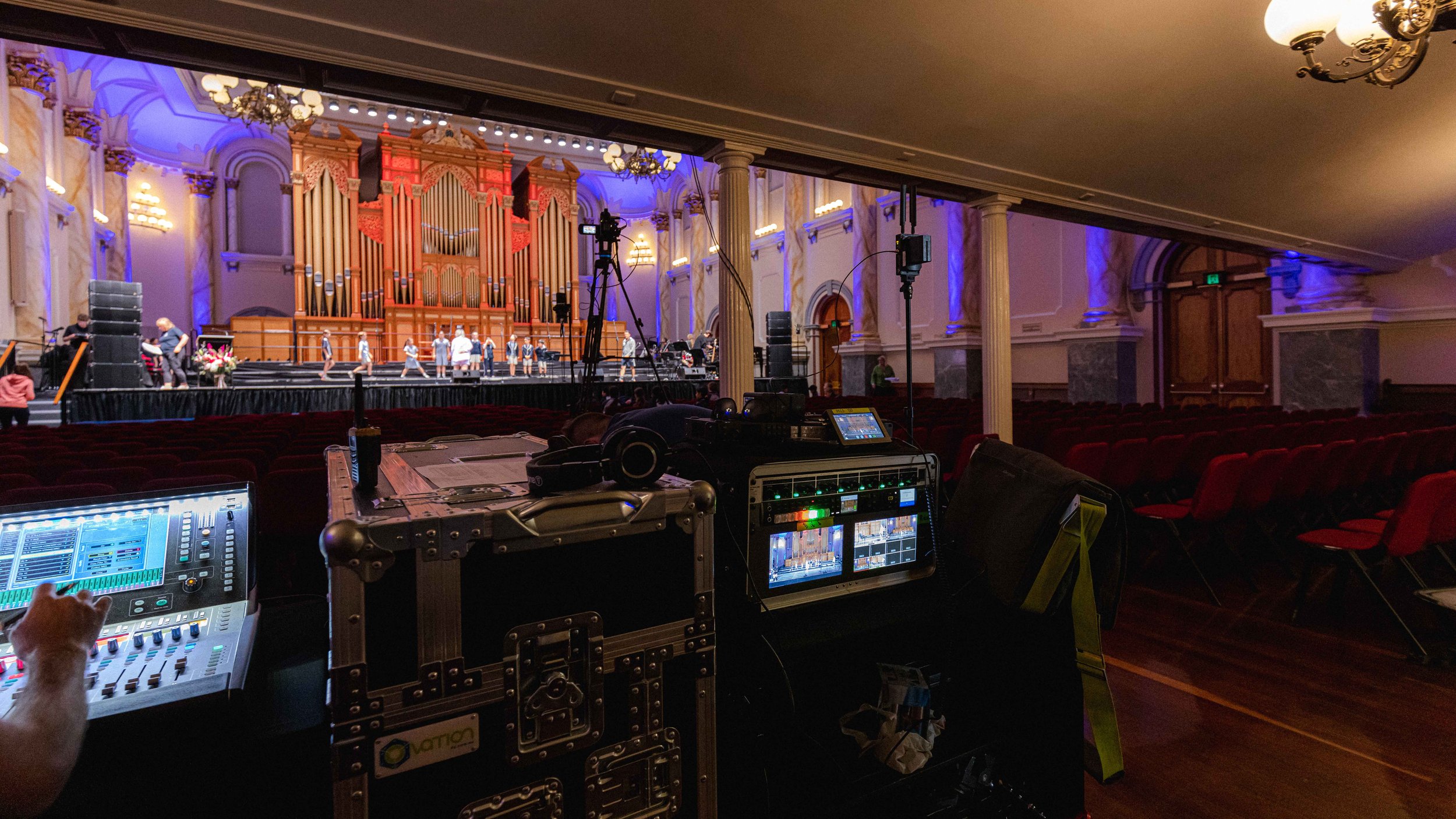The Rise of Hybrid Events: Blending the Best of In-Person and Virtual Experiences
In recent years, the event industry has witnessed a significant shift with the emergence of hybrid events. Blending the best of both in-person and virtual experiences, hybrid events have become a powerful solution to reach wider audiences, overcome logistical challenges, and create engaging event experiences. In this article, we will explore the concept of hybrid events, delve into their benefits, offer tips for planning and executing successful hybrid events, showcase inspiring examples, and discuss the future of this evolving event format.
Understanding Hybrid Events:
Hybrid events combine the physical aspects of traditional in-person events with virtual components that enable remote participation. By integrating live streaming, virtual networking, and interactive tools, hybrid events bridge the gap between physical and digital environments, offering attendees the flexibility to choose their preferred mode of engagement.
Unlocking the Benefits of Hybrid Events:
a. Expanded Reach: Hybrid events break down geographical barriers, allowing you to connect with a global audience. Remote attendees can participate from anywhere, broadening your event's reach and enhancing accessibility.
b. Flexibility and Convenience: Hybrid events offer flexibility for attendees, who can choose to join in-person or remotely based on their preferences and circumstances. This convenience increases attendance and engagement levels.
c. Cost-Effectiveness: Hybrid events can be more cost-effective than hosting fully in-person events. By reducing travel and accommodation expenses for virtual attendees, you can allocate your budget more efficiently.
d. Enhanced Engagement: Combining in-person and virtual components enables dynamic interactions. Live streaming, chat features, and virtual Q&A sessions foster engagement, making attendees feel involved and valued.
Tips for Planning and Executing Successful Hybrid Events:
a. Define Objectives: Clearly define your event objectives and identify how the hybrid format can help you achieve them. Understanding your goals is crucial for effective planning and decision-making.
b. Strategic Content Adaptation: Adapt your content to suit both in-person and virtual audiences. Consider how to optimize presentations, visuals, and engagement activities to cater to both experiences.
c. Seamless Technology Integration: Invest in reliable audio-visual and live-streaming technologies to ensure a smooth experience for both in-person and virtual attendees. Test the technology beforehand and have backup plans in place.
d. Hybrid-Friendly Venue Setup: Create an environment that accommodates both physical and virtual participants. Design layouts that facilitate interaction, provide clear visibility for virtual attendees and offer sufficient audio and lighting for optimal viewing and listening experiences.
Inspiring Examples of Successful Hybrid Events:
a. A multinational conference that seamlessly integrated live-streamed keynote speeches, virtual breakout sessions, and interactive Q&A panels, enabling a global audience to participate and engage remotely.
b. A product launch event that combined an in-person showcase with virtual demonstrations, allowing a wider audience to experience the unveiling of new products in real time.
c. An industry trade show that integrated live streaming of exhibitor booths, enabling virtual attendees to explore products, engage with exhibitors, and network remotely.
The Future of Hybrid Events:
Hybrid events are here to stay, poised to become a staple in the event industry. As technology continues to advance, hybrid events will evolve, offering more immersive and interactive experiences. We can anticipate advancements in virtual reality (VR), augmented reality (AR), and hybrid networking platforms, further blurring the boundaries between physical and virtual event environments.
Hybrid events represent a compelling shift in the event industry, combining the best of in-person and virtual experiences. By expanding reach, increasing engagement, and providing flexibility, hybrid events offer numerous benefits for organizers and attendees alike. Embracing this evolving event format opens up new possibilities and enables organizations to create impactful and inclusive event experiences that cater to diverse audiences.

